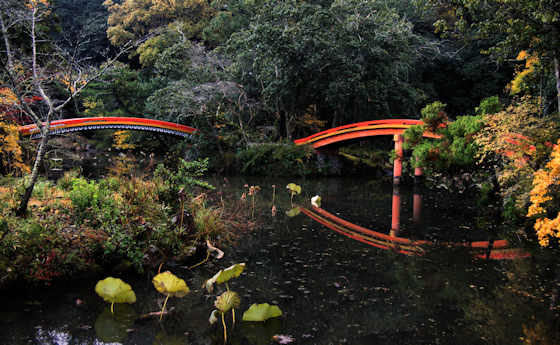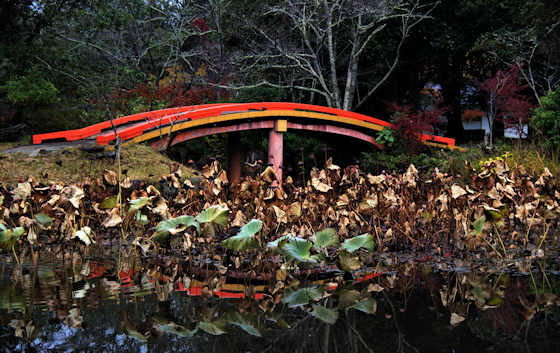The most poisonous snake in Japan is the Mamushi, also the most common. Gloydius Bomhoffii is a pit-viper and is found all over.
About ten people a year die from its bite, though several thousand get bitten. I see them around my house and in the garden all the time, and as anyone who knows me will know I quite like snakes and do not have the irrational fear of them that many seem afflicted with.
My neighbor catches them and puts them in jars of sake to make a drink called Mamushi Zake. Though many will refer to it as a "tonic", the main use of Mamushi zake is as a viagra equivalent.
About ten people a year die from its bite, though several thousand get bitten. I see them around my house and in the garden all the time, and as anyone who knows me will know I quite like snakes and do not have the irrational fear of them that many seem afflicted with.
My neighbor catches them and puts them in jars of sake to make a drink called Mamushi Zake. Though many will refer to it as a "tonic", the main use of Mamushi zake is as a viagra equivalent.



























